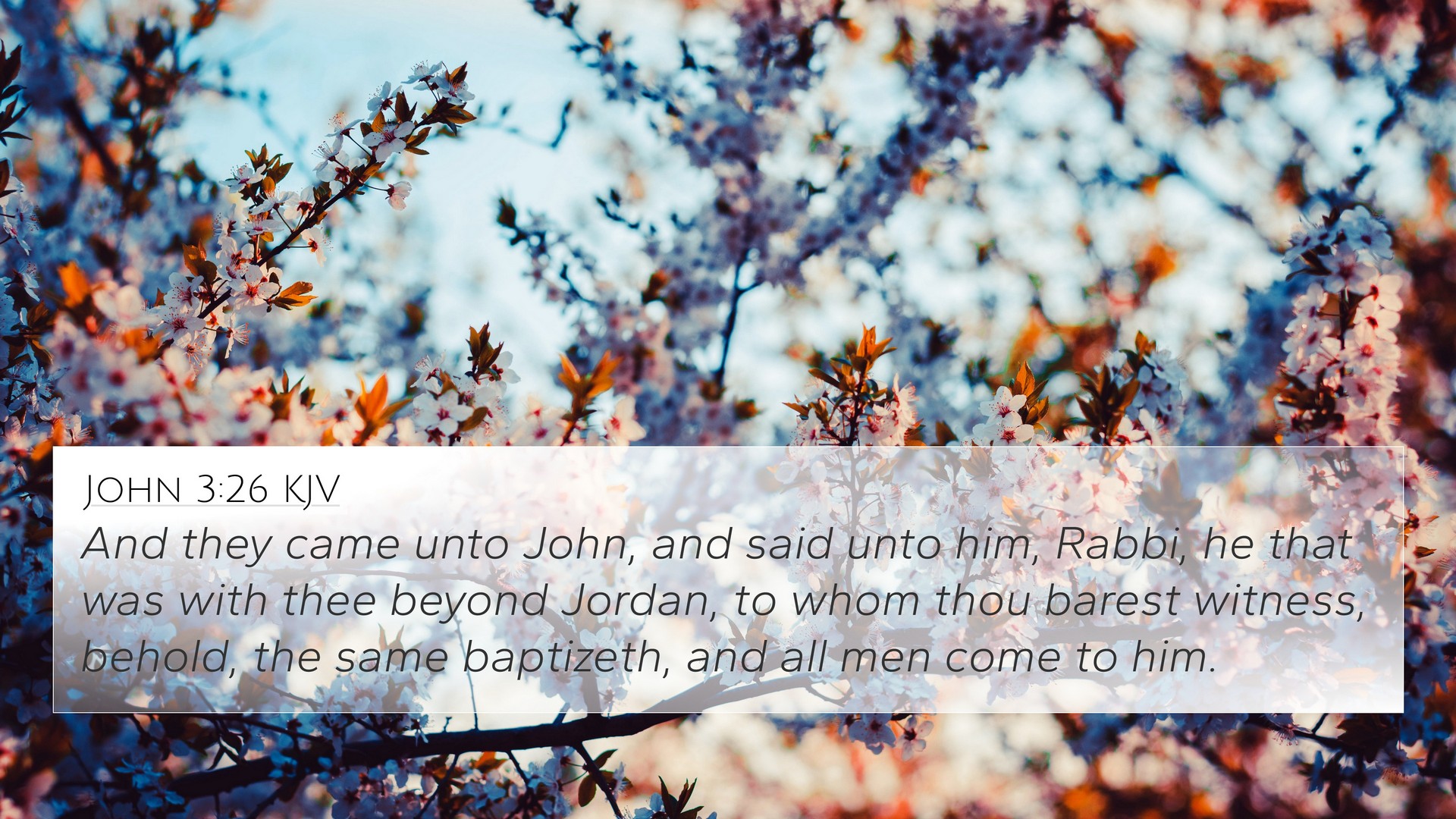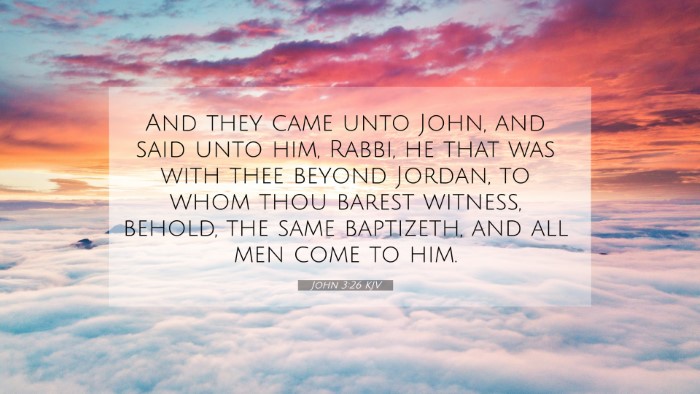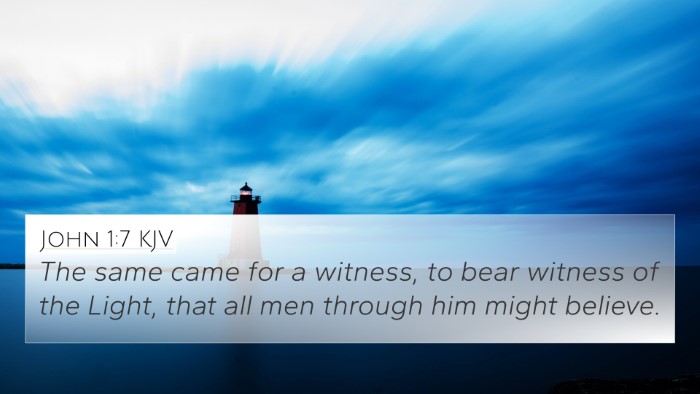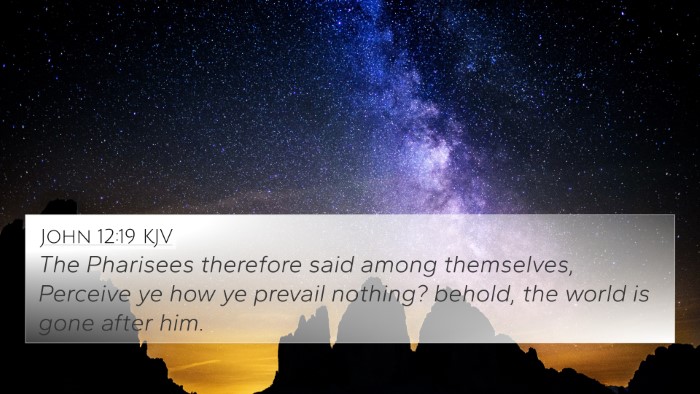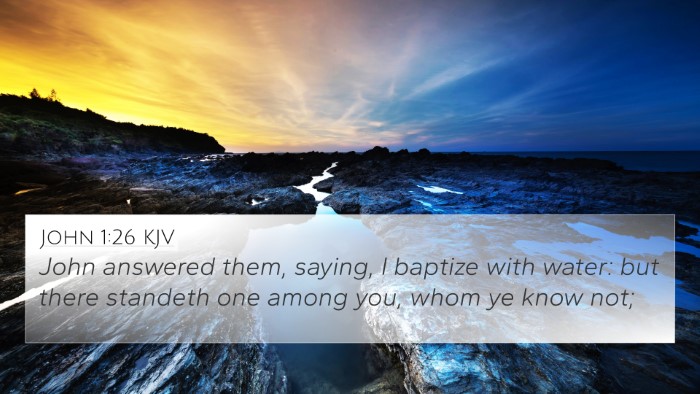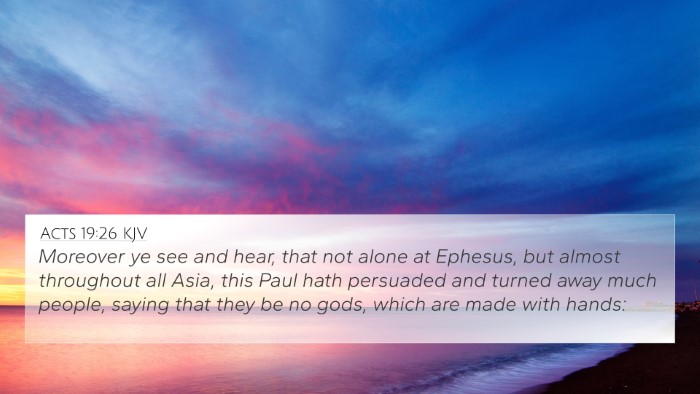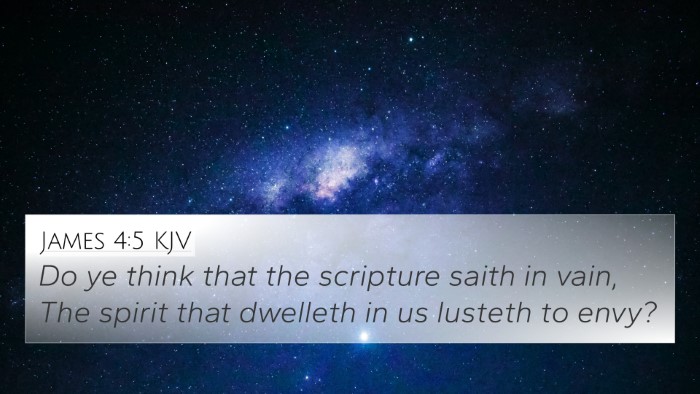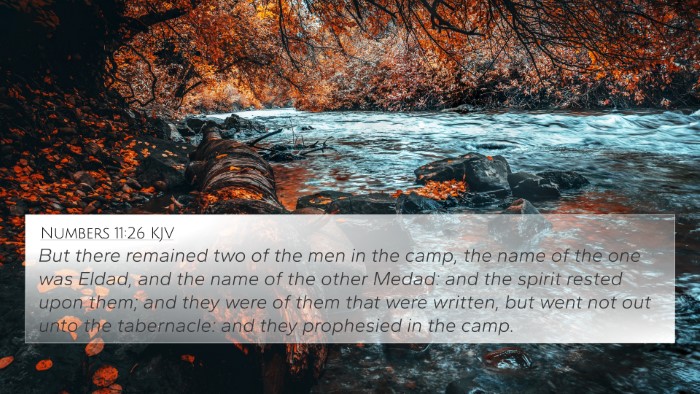Understanding John 3:26
John 3:26 states: "And they came unto John, and said unto him, Rabbi, he that was with thee beyond Jordan, to whom thou barest witness, behold, the same baptizeth, and all men come to him." This verse captures a significant moment in the ministry of John the Baptist, illustrating his role as a forerunner to Christ and the dynamics of their respective ministries.
Meaning and Interpretation
In this context, John 3:26 reflects the concern of John's disciples regarding the growing popularity of Jesus. They observe that many people are leaving John to follow Jesus, emphasizing the transition from John’s ministry to that of Christ.
Key Themes
- Recognition of Jesus' Authority: John's followers recognize Jesus as the one he testified about, acknowledging his divine role.
- Transition of Leadership: This verse signifies the shift in leadership from John the Baptist to Jesus, a crucial element in the Gospel narrative.
- The Role of Witnessing: John the Baptist's mission was to bear witness, and this passage highlights the fulfillment of that mission as people turn to Christ.
Cross-Referencing Related Verses
John 3:26 connects with several other scriptures, creating a rich tapestry of Biblical themes and teachings. Here are some notable cross-references:
- Matthew 3:11: "I indeed baptize you with water unto repentance: but he that cometh after me is mightier than I, whose shoes I am not worthy to bear: he shall baptize you with the Holy Ghost, and with fire." - Indicates John’s acknowledgment of the one who would follow him.
- John 1:29: "The next day John seeth Jesus coming unto him, and saith, Behold the Lamb of God, which taketh away the sin of the world." - Points to John's role in identifying Christ.
- John 1:35-36: "Again the next day after John stood, and two of his disciples; and looking upon Jesus as he walked, he saith, Behold the Lamb of God!" - Further highlights John's witness to Jesus.
- John 3:30: "He must increase, but I must decrease." - A profound statement of humility reflecting John's understanding of his mission.
- Acts 19:4: "Then said Paul, John verily baptized with the baptism of repentance, saying unto the people, that they should believe on him which should come after him, that is, on Christ Jesus." - Connects the thematic element of repentance in both John's and Jesus’ ministries.
- Luke 7:28: "For I say unto you, Among those that are born of women there is not a greater prophet than John the Baptist: but he that is least in the kingdom of God is greater than he." - Shows John's exalted position in the plan of salvation.
- John 10:41-42: "And many resorted unto him, and said, John did no miracle: but all things that John spake of this man were true. And many believed on him there." - Reflects the identity and impact of John’s ministry.
Commentary Insights
The following are insights derived from notable public domain commentaries:
Matthew Henry's Commentary
Henry emphasizes how John the Baptist's disciples, though initially concerned about their leader's diminishing influence, illustrate the conflict between maintaining loyalty to a human leader versus recognizing the greater divine authority in Jesus. John’s humility in this situation is highlighted as he points others to Christ.
Albert Barnes' Notes
Barnes reflects on the significance of the disciples’ complaint and reminds readers that the ministry of Jesus was prophesied and indeed the culmination of John's work. He stresses that John’s role was never to create a following for himself but to prepare hearts for the coming of Christ.
Adam Clarke's Commentary
Clarke comments on the nature of the disciples’ reaction revealing human tendencies to compare and compete. He articulates how John moves the focus away from his own ministry, directing it to Jesus, highlighting his complete submission to God's plan.
Applications for Today
This verse offers several valuable lessons for the contemporary believer:
- Humility in Leadership: Like John, leaders today should prioritize God’s call over personal ambition.
- Witnessing as a Duty: Just as John bore witness to Christ, believers are called to share their faith and the truth of the Gospel.
- Recognizing the Authority of Christ: Believers must acknowledge and follow Jesus, understanding that he is the ultimate authority and source of guidance.
Conclusion
In summary, John 3:26 serves as a pivotal moment in the Gospel of John, portraying the transition from John the Baptist’s ministry to that of Jesus Christ. By understanding this verse through its thematic connections, cross-references, and commentaries, readers can gain a deeper insight into both the historical context and spiritual significance.
As you explore the connections between Bible verses, remember that tools for Bible cross-referencing and resources like concordances can enhance your study and understanding of how scriptures interact and inform one another.
